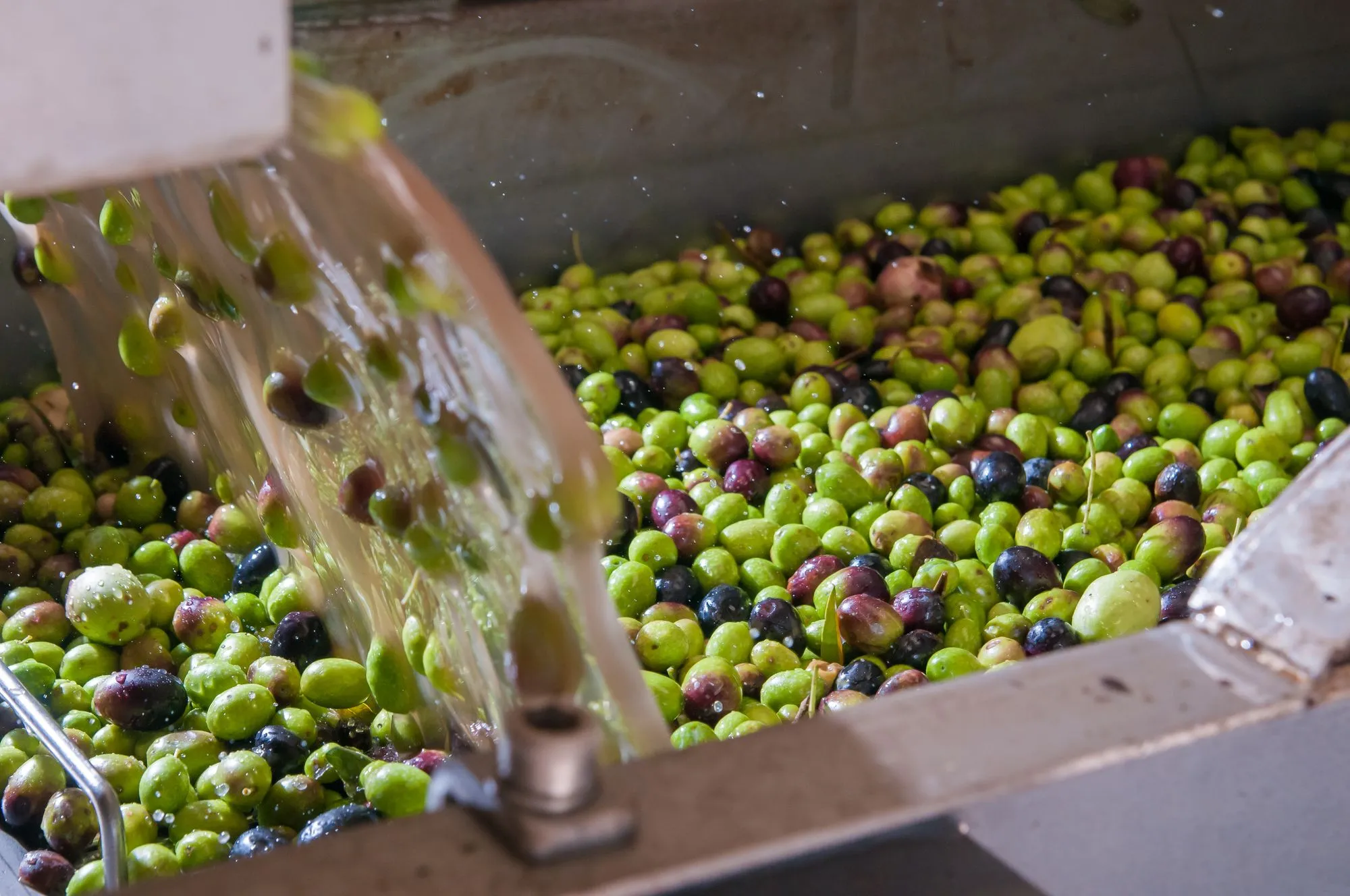Brazil is making strides in olive oil production, aiming to cater to its vast market, among the largest in the world, amidst global price hikes.
Now, less than 1% of its olive oil consumption is locally produced. The emphasis on high-quality products could boost domestic demand despite price increases.
Production in Rio Grande do Sul jumped from 58,000 to 448,500 liters between 2018 and 2022.
The Serra da Mantiqueira region is gaining fame for its premium, low-acidity extra virgin olive oil.
From 2013 to 2020, Brazil imported an average of 74,000 tonnes of olive oil annually, with numbers growing from 73,000 to 104,000 tonnes.
In 2020, 80% of olive oil imports were from Portugal and Spain, with production dropping and prices increasing 45% due to climate effects.
A Rio Grande do Sul brand recently won the best olive oil of the Southern Hemisphere at Spain’s 22nd International Expoliva Quality Award.

Luiz Eduardo Batalha, Brazil’s top producer, delivers olive oil to São Paulo in ten days, emphasizing its freshness compared to foreign brands.
Restaurant owner Ticiana Werner notes the advantage of locally produced oil, which avoids potential quality issues from long-distance transport.
Brazil has grown olives since the last century, with significant cultivation efforts kickstarting between 2005 and 2006.
Successful varieties include koroneike, arbequina, arbosana, and covatina.
Adapting to Brazil’s climate and soil is essential for thriving olive cultivation, with Embrapa identifying promising regions beyond Rio Grande do Sul.
Olive oil’s health benefits, such as aiding blood sugar control and boosting immunity, are endorsed by nutritionists.
The Ministry of Agriculture inspects olive oils, advising consumers to check lists, choose recently bottled, clear oils without added vegetable oils.

